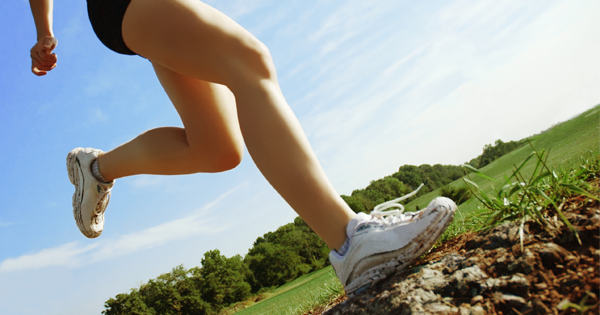Exercise-in-a-bottle sounds like one of those sci-fi inventions that probably comes with some disastrous side effect.
But now, researchers are looking seriously into a drug that could serve just that purpose.
New research published in Cell Metabolism shops a thousand changes in our muscles that occur during and after exercise. The drug being developed hopes to replicate these changes.
Professor David James, Leanord P. Ullmann Chair of Metabolic Systems at the Charles Perkins Centre and lead researcher of the study, said: “Exercise is the most powerful therapy for many human diseases, including type 2 diabetes, cardiovascular disease and neurological disorders.
“However, for many people, exercise isn’t a viable treatment option. This means it is essential we find ways of developing drugs that mimic the benefits of exercise.”
The study analyzed human skeletal muscle biopsies from four healthy males after ten minutes of high-intensity exercise.
They found that during exercise, more than 1000 molecular changes are triggered.
This will make the development of the drug more difficult, since normal drugs pinpoint individual molecules. Any drug that tries to replicate the effects of exercise will have to target multiple molecules and pathways.
This is a big discovery, too, since many of the reactions were not associated with exercise before. Before this research, there was only research focusing on certain reactions.
Dr. Nolan Hoffman, a co-author, said that exercise is more complicated than just one or two reactions.
“Exercise produces an extremely complex, cascading set of responses within human muscle. It plays an essential role in controlling energy metabolism and insulin sensitivity. While scientists have long suspected that exercise causes a complicated series of changes to human muscle, this is the first time we have been able to map exactly what happens.”
Now, this research can be used to help make a drug that provides the benefits of exercise to those who can’t do it, such as the elderly or physically disabled with metabolic diseases.





